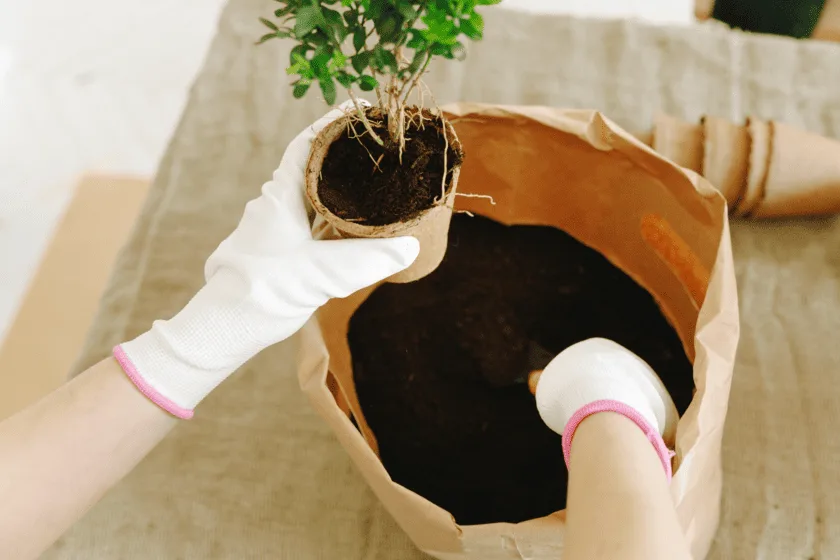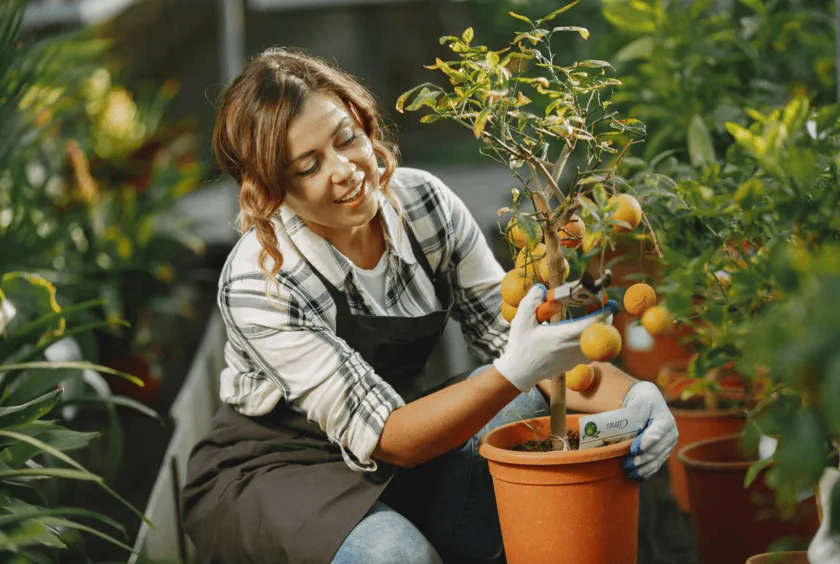Introduction
We live in an era where industrialization has brought incredible advances but has also distanced us from practices essential for physical health and emotional well-being. Knowledge about medicinal plants and the practice of moderate physical activity are habits that, for centuries, have been fundamental for preventing chronic diseases, strengthening natural immunity, and promoting well-being and mental health. But how can plants improve your health?
However, over time, this knowledge has been set aside, creating a gap between younger generations and the benefits that nature can offer. Studies reveal that older individuals possess greater knowledge of medicinal plants, which is directly linked to healthier eating and digestion, as well as the practice of physical exercise.
But how can we rescue these healthy habits and apply them in daily life? The answer lies in simplicity and consistency.

The Role of Medicinal Plants in Health and Nutrition
The use of medicinal plants dates back to the earliest civilizations, which used herbs to strengthen the immune system, improve healthy digestion, and reduce stress and anxiety. However, with industrialization, there was a discontinuity in transmitting this knowledge, leading many people to rely exclusively on synthetic medications.
🌿 Benefits of medicinal plants:
- Strengthening natural immunity – Some herbs have antimicrobial properties that help protect the body against infections.
- Improved digestion – Consuming teas and natural herbs can aid nutrient absorption and intestinal health.
- Reduction of stress and anxiety – Certain plants have relaxing effects that contribute to emotional balance and a healthy life.
Santello et al. (2021) indicated that that knowledge of medicinal plants is related to a preference for natural foods, lower consumption of sodas, and the practice of regular physical activity. This shows that people who value this knowledge tend to have a more balanced and healthy lifestyle.
Physical Activity as a Complement to a Healthy Life
Engaging in moderate physical activity is one of the pillars of a balanced life. According to research, people who maintain an exercise routine exhibit better cardiovascular health, greater energy, and a lower risk of chronic diseases.
Key benefits of physical activity:
- Improved blood circulation – Exercise helps regulate blood pressure and strengthen the heart.
- Increased energy and stamina – Regular movement boosts metabolism and reduces fatigue.
- Balanced mental health – Exercise releases endorphins, promoting well-being and reducing anxiety symptoms.
Research shows that the level of physical activity positively correlates with knowledge of the properties of medicinal plants, with moderate activity being most associated with this knowledge. This reinforces the idea that people who value natural practices also tend to move more, creating a positive cycle for health.
The Impact of Popular Knowledge on Adopting Healthy Habits
So, how can plants improve your physical health? One notable observation is that popular knowledge of medicinal plants directly influences the adoption of healthy practices. People with greater access to this wisdom tend to consume fewer processed foods and value natural alternatives for well-being, for example.
This phenomenon also reflects in the consumption of medicinal teas and the pursuit of complementary therapies involving herbs. Thus, passing this knowledge down through generations is essential for it to continue impacting people’s health.
However, this knowledge is becoming increasingly difficult to transmit, as “there is a barrier” in disseminating this information to younger generations, which may contribute to increased dependence on artificial solutions.
How to stimulate this knowledge?
- Encourage conversations about medicinal plants among friends and family.
- Create educational content highlighting the benefits of herbs.
- Organize workshops and events to promote a culture of natural well-being.
The Importance of Education on Natural Health for New Generations
In light of the challenges posed by industrialization and the discontinuity in knowledge transmission, it is essential to invest in education on natural health to ensure that future generations recognize the value of medicinal plants.
Science already shows that this knowledge directly influences quality of life, reducing disease risks and promoting physical and emotional balance. Therefore, encouraging intergenerational integration can be an effective way to ensure that this information continues to be shared and applied daily.
Moreover, physical activity plays a crucial role in maintaining health and can be combined with natural habits for an even more comprehensive approach. Raising awareness about the importance of these elements can help transform how we care for our well-being in the long term.
The Role of Medicinal Plants in Chronic Disease Prevention
Many chronic diseases can be prevented with natural and healthy habits, and medicinal plants play an essential role in this process. Some studies indicate that herbs such as ginger, turmeric, and green tea have properties that help reduce inflammation and prevent conditions like diabetes and hypertension.
Additionally, some plants offer specific benefits for mental health, aiding in mood and sleep regulation. Combining physical activity with the consumption of these plants can enhance their effects and ensure a more balanced life.
How to Create a Nature-Based Health Routine
To incorporate these habits into daily life, the secret lies in simplicity.
Practical strategies include:
🌿 Drinking medicinal teas daily – Choose an herb that meets your needs and make it a habit.
🏃♂️ Adding exercise to your routine – Start with short walks and gradually increase intensity.
🍃 Avoiding processed foods – Opt for meals made with fresh, natural ingredients.
💆♀️ Practicing moments of relaxation – Combine the use of medicinal plants with breathing and meditation techniques.
Small steps can lead to significant transformations in your health!
Conclusion
Through this article, we can understand how plants can improve your health. By emphasizing the importance of rescuing healthy habits—such as regular physical activity, the intake of natural foods, and the use of medicinal plants—you can ensure a better quality of life.
By incorporating these elements into daily life, it is possible to reduce disease risk, strengthen the body, and improve physical and mental well-being. Small changes can generate significant impacts, and the secret lies in simplicity and consistency.
Now that you know the benefits of this approach, why not start today? Your body and mind will thank you!
- Scientific Reference: Santello, L. C., Morales, M. A. M., & Bombini, M. F. (2021). Influence of Popular Knowledge of Medicinal Plants and the Practice of Physical Activity on Quality of Life Improvement. Holos Environment, 21(2), 215–230. https://doi.org/10.14295/holos.v21i2.12434
- Marques, G. S., Silva, Vilela, W. T., Bezerra, C., Carolina, A., Ferreira, M., & José, P. (2015). Medicinal Plants as a Therapeutic Alternative for Increasing Immune Resistance. Revista de Ciências Farmacêuticas Básica e Aplicada, 36(1). https://rcfba.fcfar.unesp.br/index.php/ojs/article/view/61
- Pedroso, R. S., Andrade, G., & Pires, R. H. (Year). Medicinal Plants: An Approach to Safe and Rational Use. Physis: Revista de Saúde Coletiva, 31(02), e310218. https://doi.org/10.1590/S0103-73312021310218
- Mendonça Neto, I. J. de ., Costa, S. S. L. da ., Barboza, V. de N. ., Vale, C. M. G. C. do, Nunes, F. V. A. ., Aires, C. A. M. ., Moraes, M. de ., & Brito, T. S. de. (2022). Medicinal Plants and Phytotherapeutics in Mental Health Care During the Pandemic: A Literature Review. Revista de Medicina, 101(3), e-183634. https://doi.org/10.11606/issn.1679-9836.v101i3e-183634





























